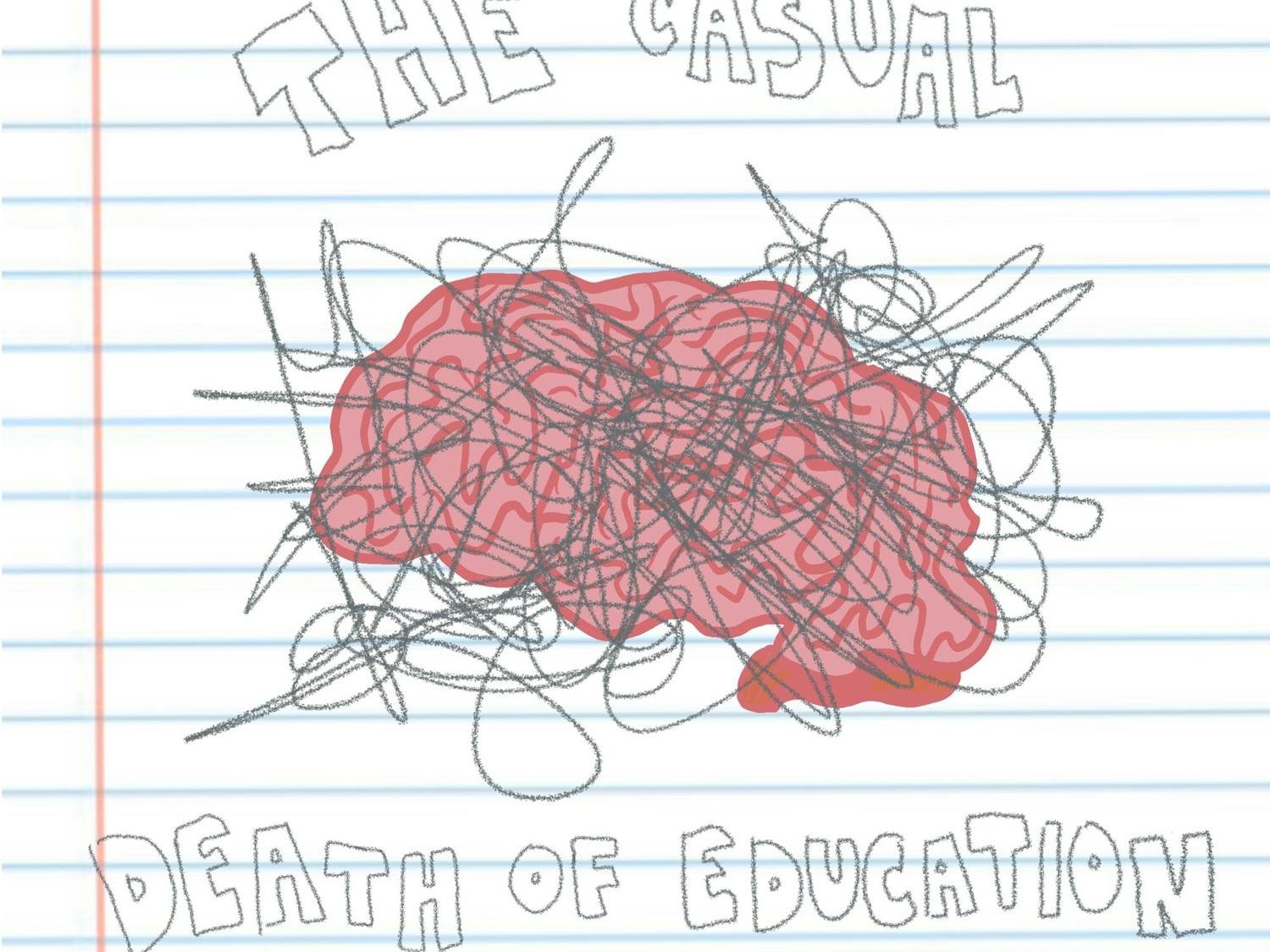Ukraine at War: Russia purposefully bombs Ukrainian schools, but schools like KSE grow despite the attacks: The case of the Kyiv School of Economics (Part 2)
By Mariia Kudina | November 4One out of every seven schools in Ukraine has been destroyed by Russians since the start of the full-scale invasion in 2022, leaving over 5 million Ukrainian children deprived of a traditional education. Statistics for higher educational institutions are even more depressing with one out of five universities and colleges in the country having suffered physical blows to their infrastructure as a result of the bombings. Despite these attacks, the Ukrainian educational system continues to develop, with schools adding opportunities to their institutions.














